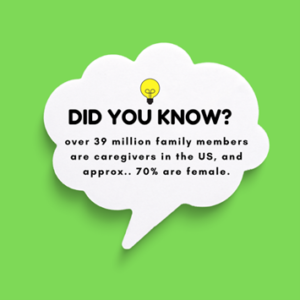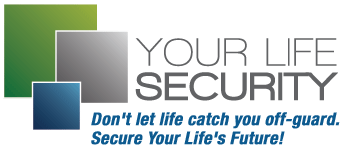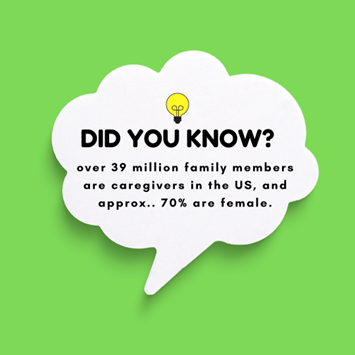Family is everything! But are you on overload? Exhausted, frustrated, and feeling guilty? Who’s your priority? You have a full schedule with your everyday commitments, but a loved one needs your help.

Over 39 million American family members are Caregiving.
Someone’s need for care can be gradual, needing help with simple tasks – running an errand, making dinner, helping clean neglected areas of the house, or it can suddenly happen with an accident or medical diagnosis, and they can no longer do much of anything themselves.
Maybe the person can’t be left alone for long, needing help bathing and getting dressed. Becoming a caregiver can quickly become a daily part-time or even full-time job.
No matter the circumstances, it is crucial to anticipate that the need for full-time caregiving is always possible at any stage in life.
Prepare yourself first by understanding your boundaries and limitations; ask yourself what is possible or not. Then break it down into five (5) primary and essential tips to minimize stressors.
Follow these helpful steps to reduce stressors.
-
Break the ice and start the conversation
-
Bring together your team.
-
Coordination of Care: Make a Care Plan
-
Care for your loved one
-
Care Plan for yourself

Loved one!
My mother and I had this conversation many times over several years after my father’s passing at age 53. My brother and I knew her wishes, but when the reality set-in in her late 80s, her need and want to grasp life’s controls grew. She had difficulty allowing me to organize all her essential documents. However, her independence was questionable as she aged (89) and after some health struggles. Fortunately, we completed the hard part a couple of years before when she agreed to allow me to organize and verify all her essential documents. In addition, we reviewed her Will and Power of Attorney (POA). She was delighted to have an organized binder that contained all the vital documents in one convenient place. She beamed from ear to ear, holding her personalized binder.
Then suddenly, a couple of years later, the feared emergency call from a neighbor alerted me that my mother was in the ER again, and I was out of town. But I had her POA giving me the authority to supervise her health care while in the ER and during her week-long hospital stay. Unfortunately, the ER pattern repeated several times throughout the next few months. Respecting her wishes was vital, but she lived an hour away, and it was apparent we were dealing with dementia which required a safe and secure care environment. Plus, the situation wasn’t doable for me and my emotional, mental, and physical health. Our family plan quickly changed direction.
Be ready to pivot!
Watch for the next five weeks as we explore family caregivers’ five primary and essential steps. Caring for others may become necessary, but so is caring for yourself.
To learn more about how long-term care insurance can help prepare you or your family, contact me for a free quote at Eleonore.Weber@YourLifeSecurity.com.
I’m excited to announce that I’m looking forward to launching Your Family’s Essential Resource Workbook. It’s a valuable tool for anyone who wants to keep their loved ones informed in an emergency.
Plan for Certainty – It’s Your Life Security!
Share these and your ideas with your neighbors, family, and friends.
Eleonore
Eleonore Weber, CLTC
Founder, Author, Broker & Certified Long-Term Care Specialist:
Life Planning Solutions:
Health, Disability, Life, Long-Term Care & Medicare Insurance
Coming soon! —–> Your Family’s Essential Resource Workbook: How to Gather and Organize Valuable Documents
The workbook design has three essential sections to keep your loved ones informed when necessary- “Yourself,” Your Loved Ones,” and “Your Legacy.”
YourLifeSecurity.com
©Eleonore Weber, 2022 All Rights Reserved

